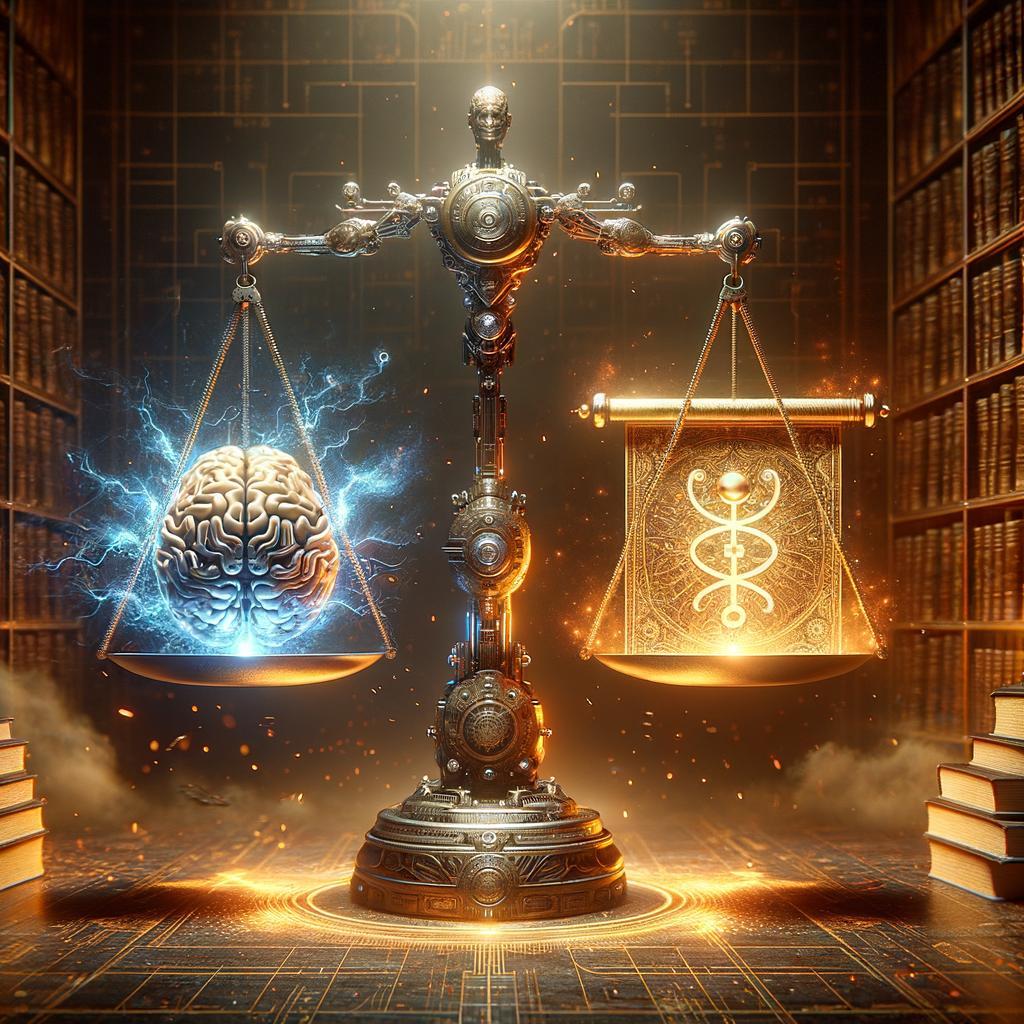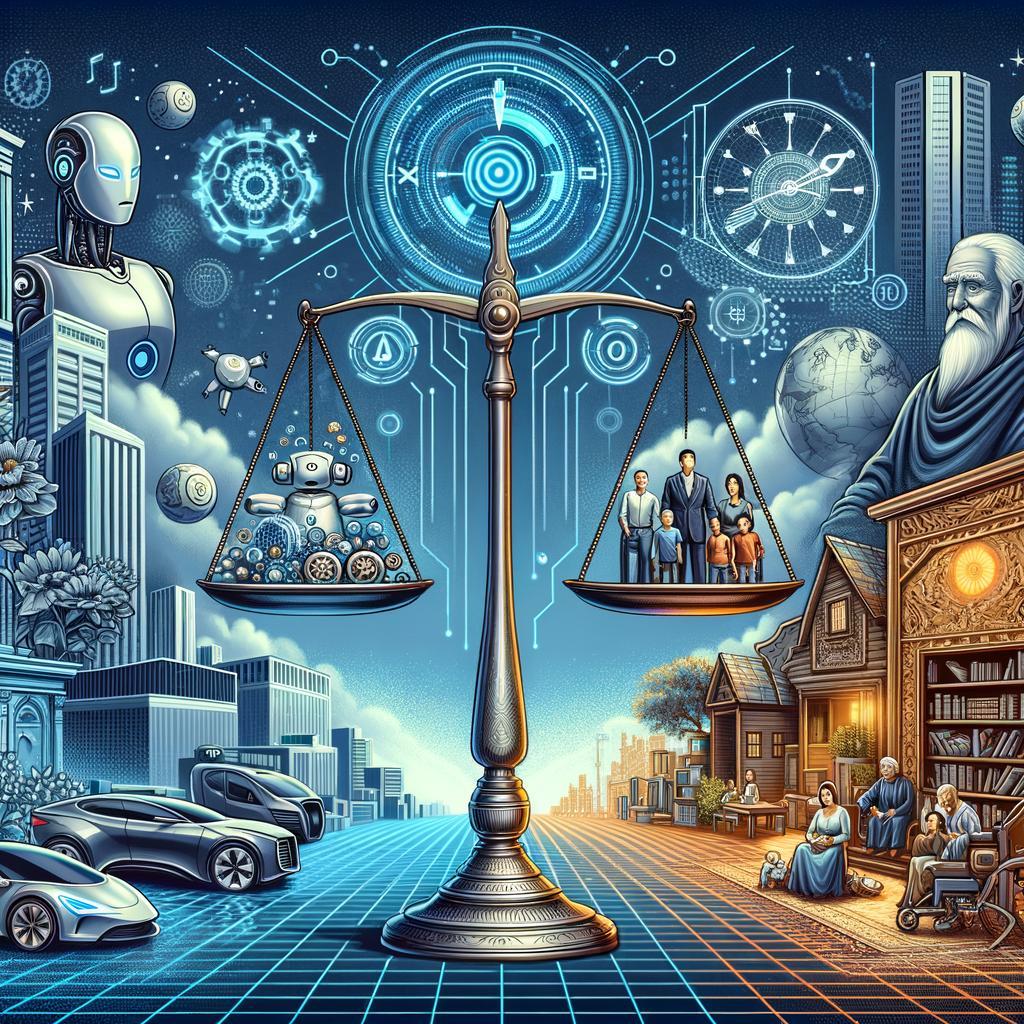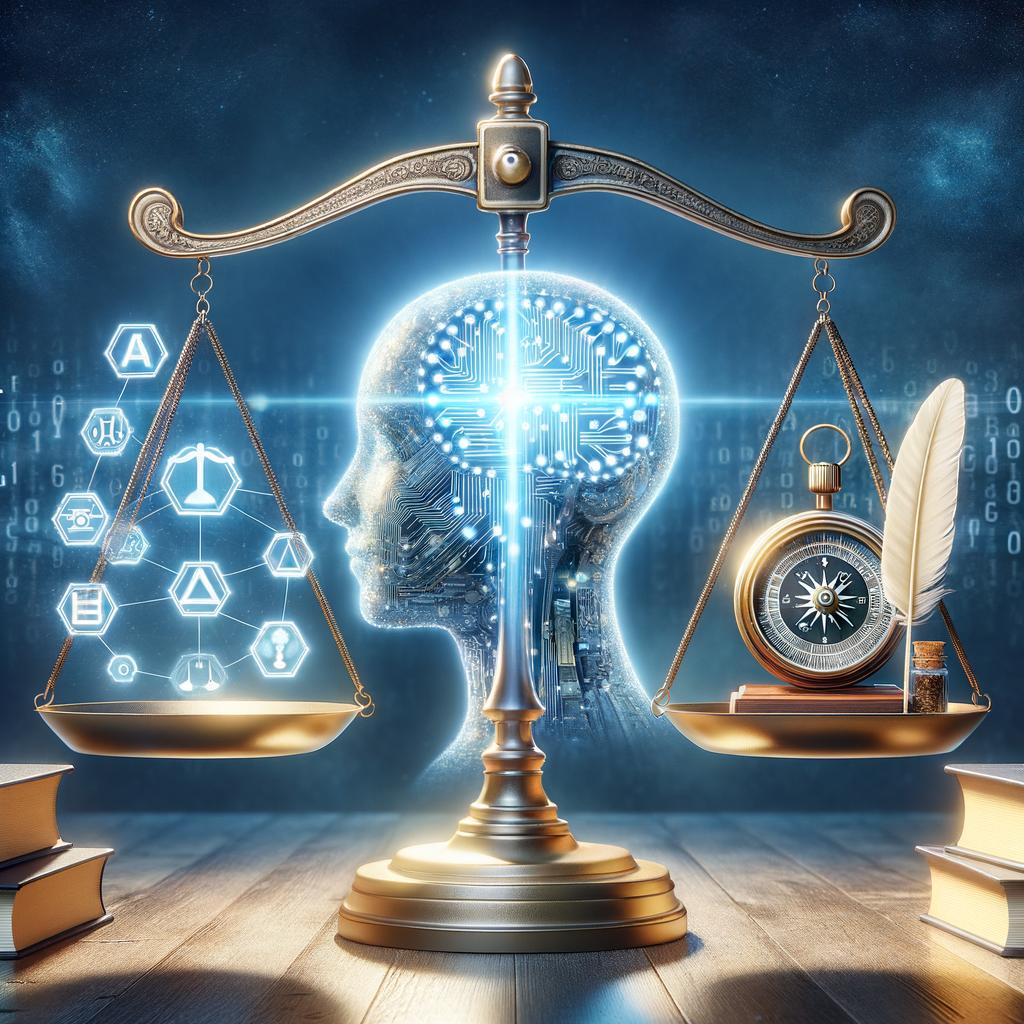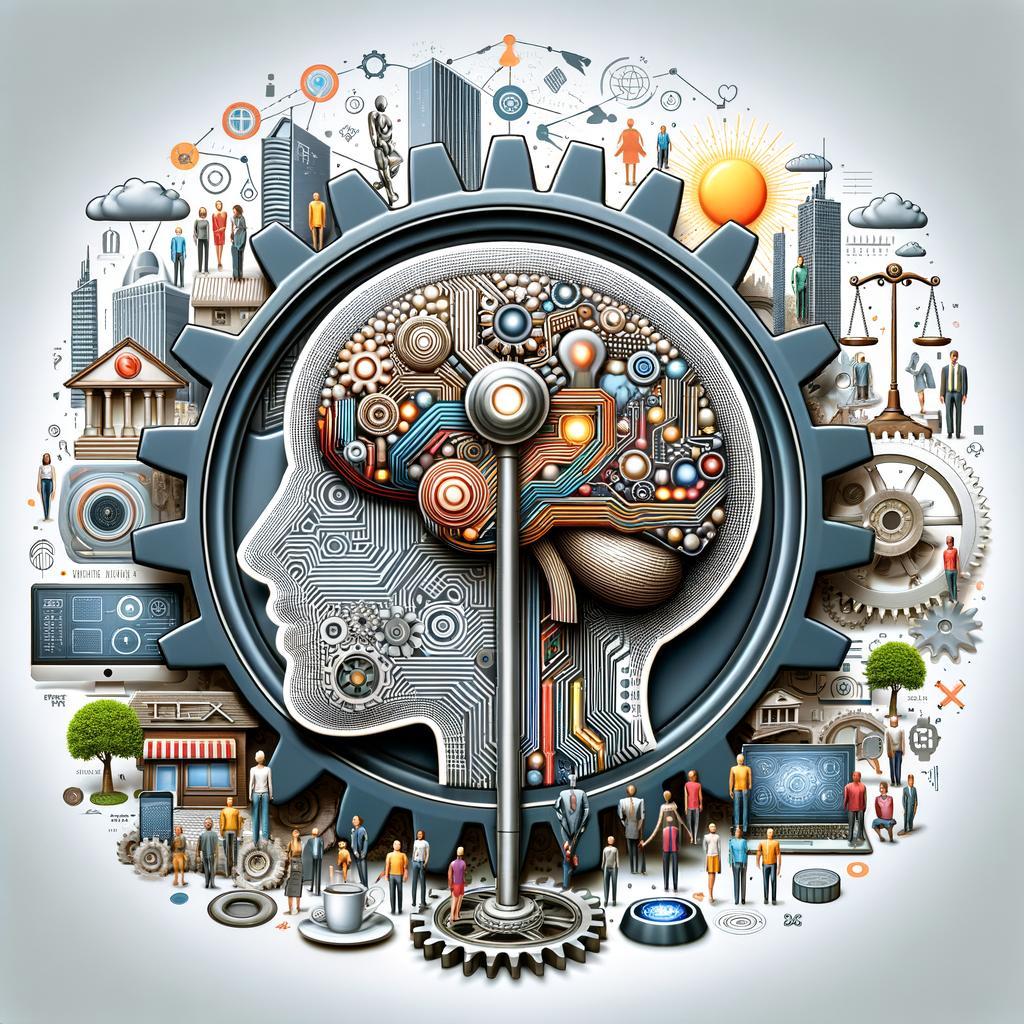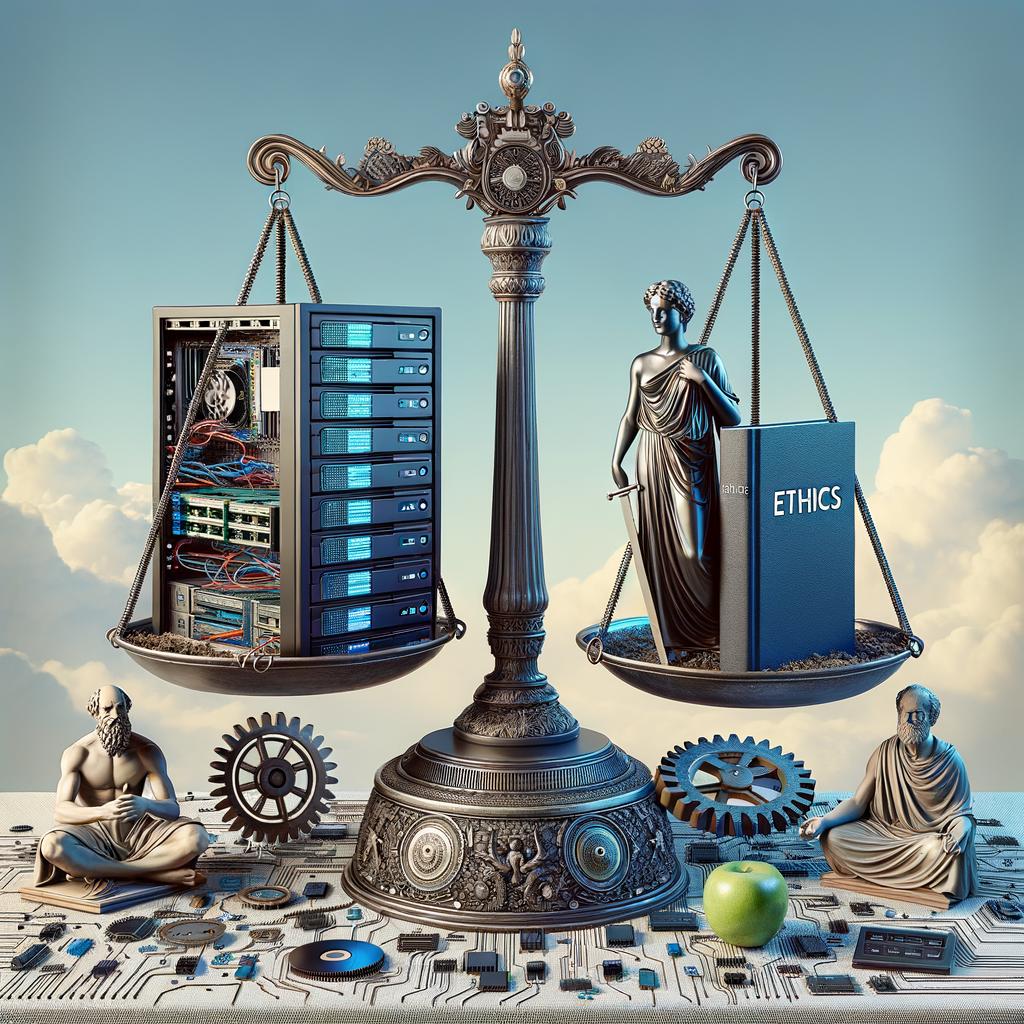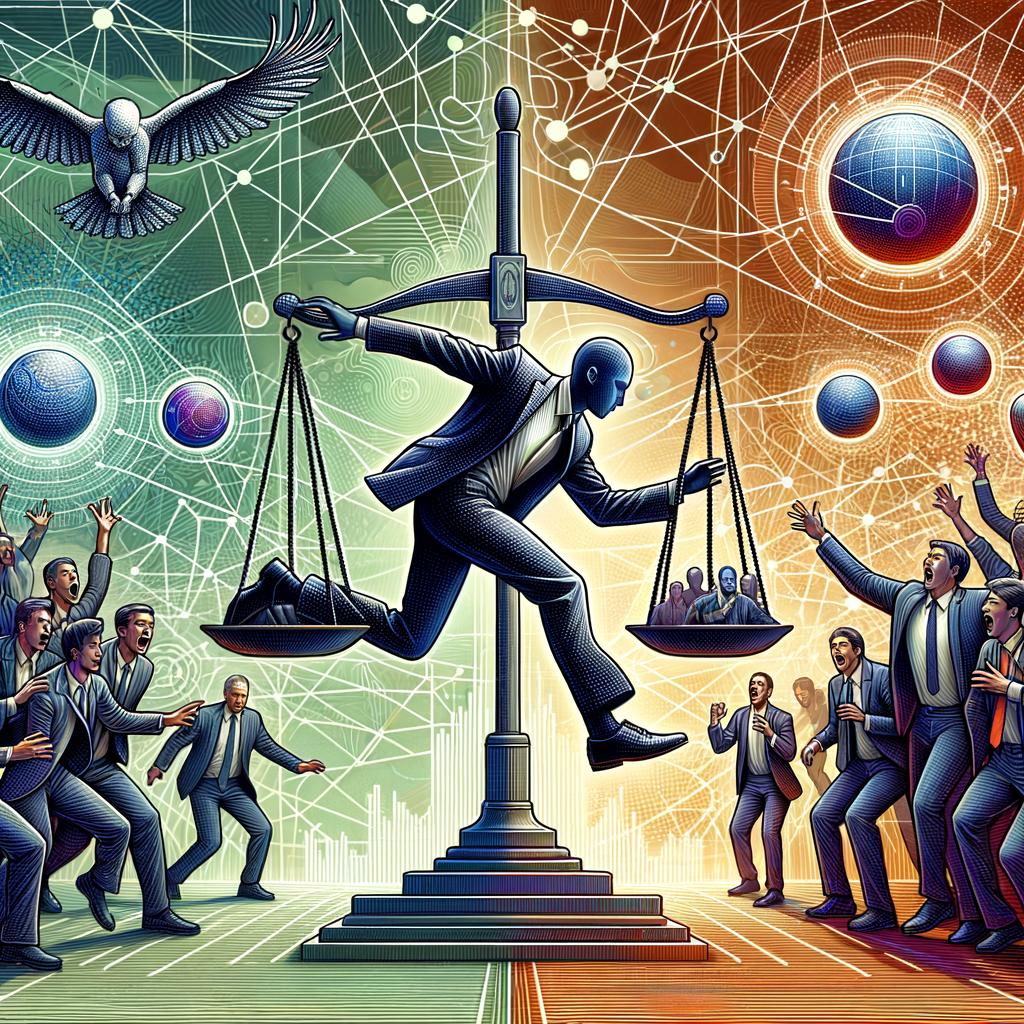In an era where artificial intelligence (AI) is revolutionizing industries and reshaping everyday life, the excitement surrounding technological advancement is undeniable. However, the rapid pace of innovation has sparked an equally pressing discussion about the ethical implications of these developments. As AI systems become increasingly integrated into decision-making processes, from healthcare and finance to law enforcement and education, the balance between innovation and ethics has never been more critical. It is imperative for tech developers, policymakers, and society at large to engage in a dialogue that prioritizes ethical considerations alongside technological progress. This article delves into the intricate interplay between AI advancement and ethical responsibility, advocating for a framework that ensures the responsible development of technology while fostering groundbreaking innovations. Emphasizing the importance of transparency, accountability, and inclusivity, we will explore how a careful balance can not only mitigate potential risks but also enhance the positive impact of AI on our world.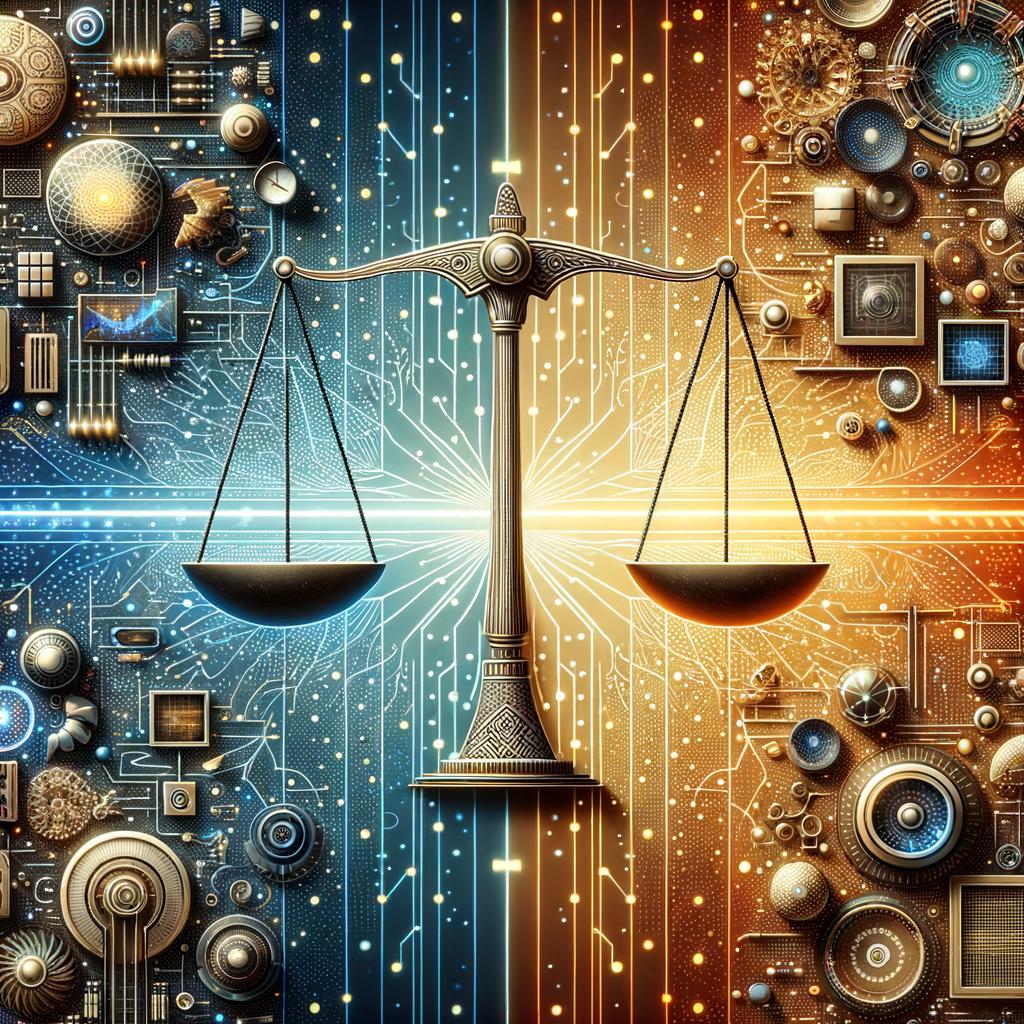
In the rapidly evolving landscape of artificial intelligence, the integration of ethical considerations has become imperative for fostering responsible innovation. Developers and organizations are increasingly recognizing the critical need to establish frameworks that prioritize ethical standards alongside technological advancement. By embedding principles such as transparency, accountability, and fairness into AI systems, stakeholders can mitigate risks associated with biased algorithms and privacy infringements. Moreover, fostering an open dialogue about these standards encourages collaboration among technologists, ethicists, and policymakers to cultivate a culture of responsibility that underpins sustainable progress.
To facilitate this ethical integration, organizations are adopting comprehensive strategies that encompass a variety of actionable measures, including:
- Regular ethics audits: Assessing AI systems to ensure compliance with established ethical guidelines.
- Stakeholder engagement: Involving diverse groups in the development process to capture multiple perspectives.
- Employee training programs: Equipping staff with the knowledge required to navigate ethical dilemmas in AI.
The following table highlights key areas in which ethical frameworks can enhance AI development:
| Focus Area | Ethical Framework Application |
|---|---|
| Data Privacy | Implement strict data governance policies. |
| Bias Mitigation | Utilize diverse training datasets. |
| Decision Transparency | Enhance explainability of AI models. |
Final Thoughts
the rapid advancement of artificial intelligence presents us with unprecedented opportunities for innovation across various sectors, from healthcare to finance to education. However, as we embrace these technological marvels, we must also navigate the complex ethical landscape they introduce. The balance between innovation and ethics is not merely a challenge; it is a necessity for ensuring that AI serves humanity positively and equitably. By fostering a collaborative dialogue among technologists, ethicists, policymakers, and the public, we can establish a framework that encourages responsible AI development while promoting transparency, accountability, and fairness.
As we move forward, let us prioritize ethical considerations in our pursuit of innovation. By doing so, we ensure that AI advancements do not come at the expense of our fundamental values and moral obligations. Only through conscious and deliberate action can we harness the transformative power of AI in a way that reflects our highest ideals and benefits society as a whole. The future of AI is bright, but it is our responsibility to illuminate the path with ethics at its core. Let us rise to this challenge and shape a future where technology uplifts humanity and fosters a greater good for all.
